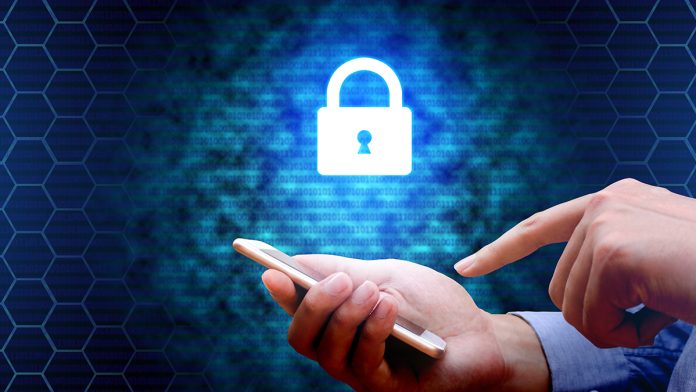Smartphones have become an extension of the arm. Wherever you go, you have your smartphone on you. You likely spend at least a couple of hours each day just staring at the screen – browsing your social media, shopping, and checking your bank account.
Still, even though you constantly use your smartphone to access sensitive information, you probably don’t have major privacy concerns when you do so. Even though more than half of internet traffic comes from mobile devices, most people think of their PCs only when they think of their online privacy.
However, your online privacy doesn’t start and stop at your PC – you need to pay attention to your phone as well.
Here’s what you can do to enhance the privacy of your phone.
Check and disable some app permissions
In most instances, the biggest privacy risks on your phone are the apps you use and the permissions they have. To eliminate these risks, you’ll need to perform frequent permissions audits and familiarize yourself with the types of data your apps collect.
Many apps that don’t need access to your camera roll or your location to function will still collect this data, selling it to marketing companies.
So, while Instagram might need your location data if you want to tag your location in your post, the free mobile game you like to play probably doesn’t.
Disable unnecessary app permissions, and don’t mindlessly allow all permissions every time you install new apps.
Get rid of apps you don’t use
Speaking of apps, you’ll also want to eliminate any apps you may not use. Even when you don’t actively use them, they will likely run in the background, still collecting and possibly selling your data to other parties.
Deleting them will help improve your privacy, and you’ll enjoy the added benefit of extra storage.
However, be careful when trying to delete pre-installed and system apps that came with your phone. Removing them could cause software glitches and other problems.
Be careful with your passwords
By now, you should know how critical it is to be careful with all your passwords. Most commonly, hackers (and even your close ones!) can break into your accounts by simply guessing your passwords – you’d be surprised at how many people use the simple “0000” and “password123” for their social media, bank accounts, and more.
Moreover, you should never use publicly available information about yourself as your password – street name, birth date, anniversary, pet’s name, and the like. It’s easier than you think to find such information online and use it against you.
All of this means that all your passwords should be random, unique, and virtually impossible to guess, including the passcode to unlock your phone.
Apply a privacy screen
How often have you unlocked your phone with a passcode while sitting next to a stranger in a public place? How often have you stood in a line at Starbucks and opened your social media where your real name can be seen?
We all do these things without thinking about them, so you shouldn’t feel guilty. You should pay attention to your surroundings and prevent others from seeing the information you don’t want them to see on your phone.
The simple solution to this is installing privacy screens.
Privacy screens cover your phone’s display, like any standard screen protector. They can prevent scratches and cracks on your display but also have a neat extra feature. They limit the viewing angle of your screen. While you can quickly see everything on your screen when looking straight at it, anyone standing next to you will only see a dark screen, nothing else.
Protect your online data
Connecting to free public Wi-Fi seems like a no-brainer. You can use all your apps and browse the internet without worrying about spending all your mobile data when you’re out and about. However, while free, it comes at a cost, especially to your privacy.
Free Wi-Fi doesn’t have the level of security your mobile or home network has. Anyone can try intercepting your connection and monitoring your activity – seeing all the apps you open, accounts you access, and more.
You’ll want to download VPN apps that encrypt all your data to protect your online data and ensure your privacy.
A VPN (aka Virtual Private Network) can turn any public network into a private one that cannot be intercepted. Moreover, it prevents the entities from gathering as much information about you and using it for marketing purposes.
Enable automatic app and software updates
Finally, you should always have automatic app and software updates enabled. Over 82% of Android users have an operating system that’s two years old (or older). Many iPhone users also tend to be late with updating their software.
While it can be a hassle and doesn’t initially strike you as a big deal, updating your software is necessary if you want to protect your privacy.
Software updates almost always come with important patches and fixes that improve your device’s security. Outdated versions will have easily exploitable vulnerabilities that can leak your data and put your privacy at risk.
So, make sure that all the apps and software on your device are always up to date – even if it’s just a random game you play occasionally.
Final thoughts
Phone privacy isn’t always taken as seriously as PC privacy, but it’s still critical. It takes just a bit of effort to enhance your privacy and security, so take the necessary steps to avoid problems down the line.







